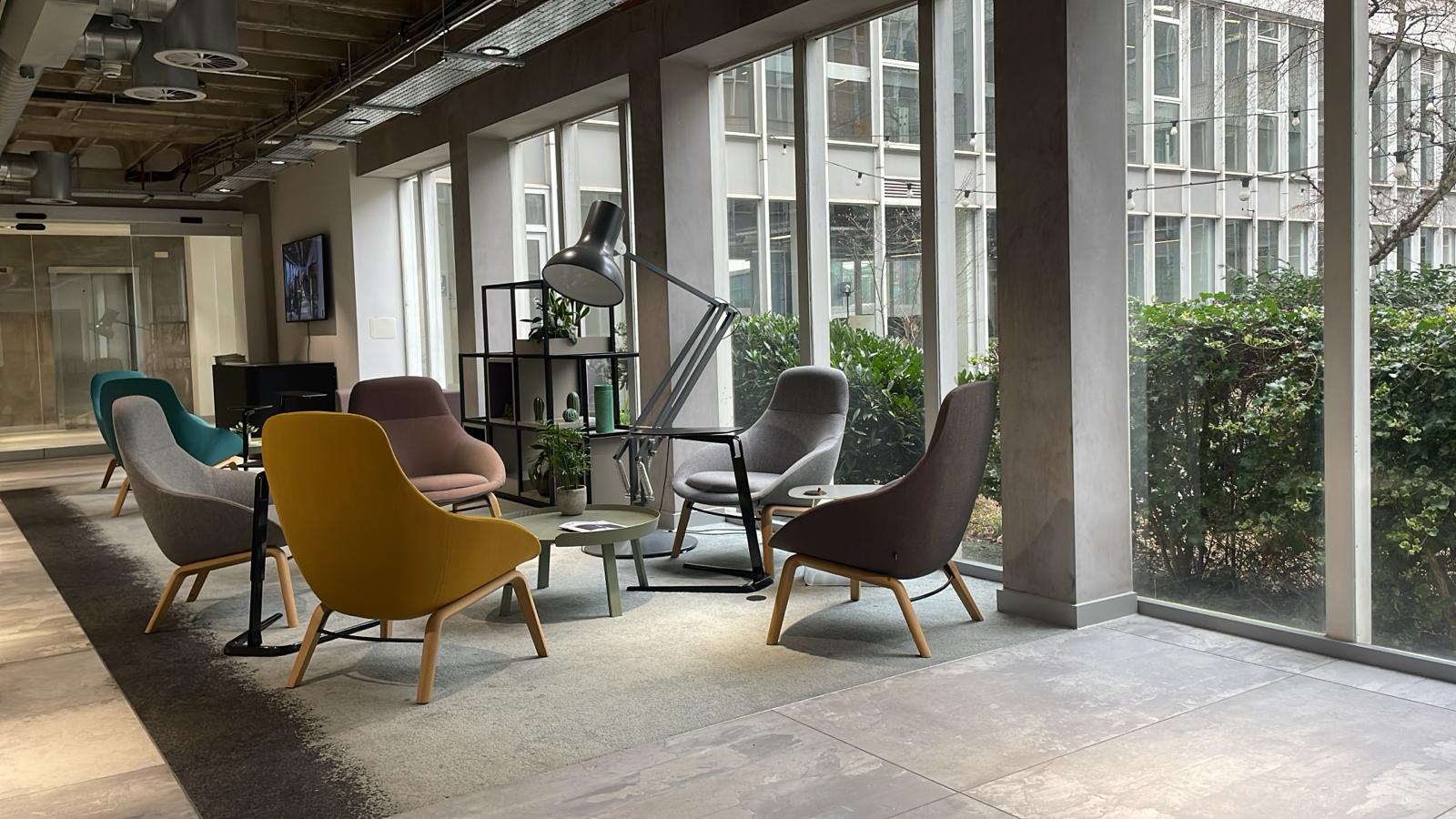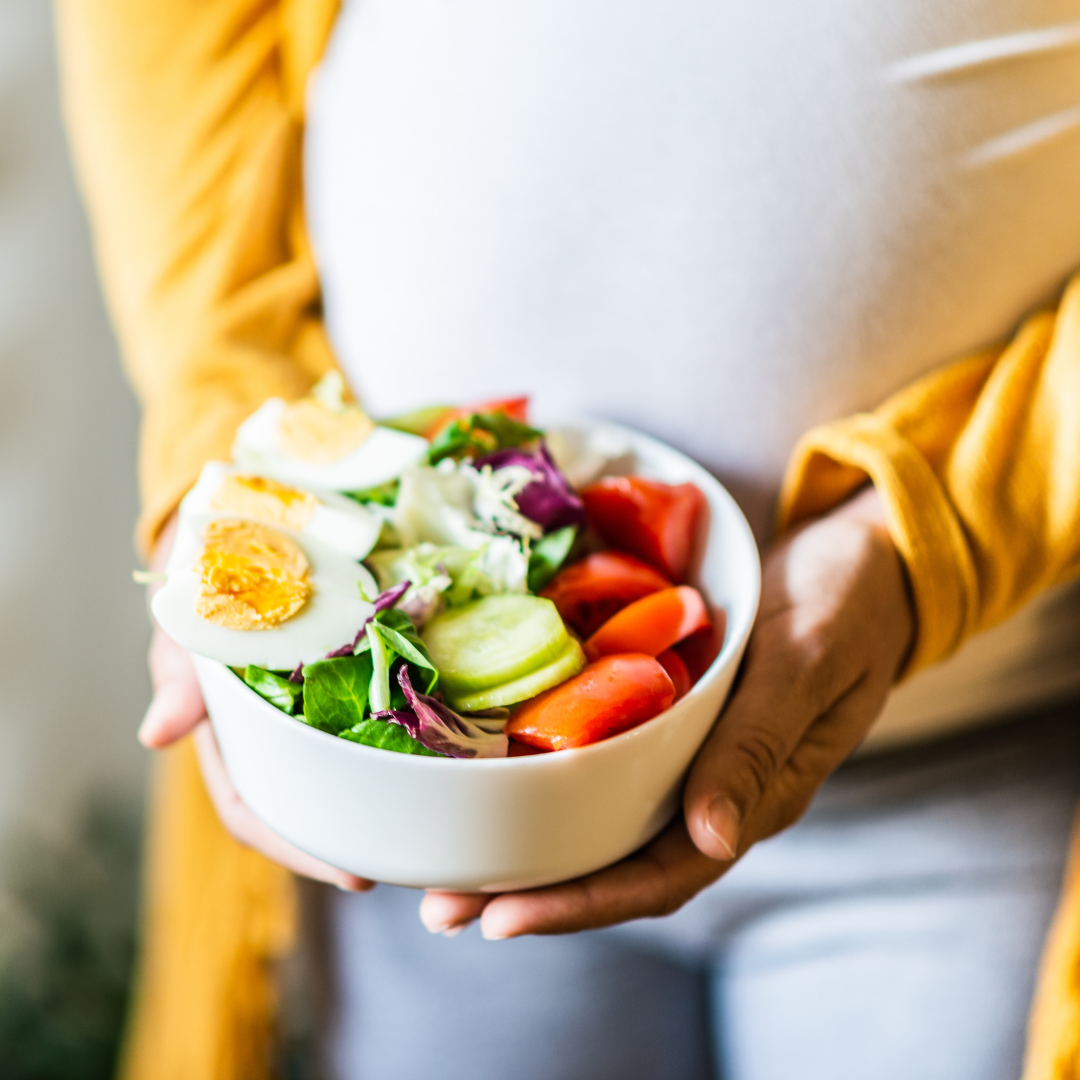6-12th May 2024 marks Deaf Awareness Week in the UK, and this year’s theme is ‘Love & Trust’ which feels perfect for our midwifery stance. The awareness week is an opportunity to increase the visibility and public awareness of the challenges, multiple barriers and discrimination members of D/deaf community face, but also to celebrate and promote positivity for living with deafness.
Facts:
- 12 million adults in the UK are deaf or have hearing loss
- Hearing loss alone impacts 1 in 5 adults
- 1 in 8 working age people in the UK have hearing loss and are less likely to be in employment compared to the rest of the population
- 74% of deaf people feel that their employment opportunities are limited because of their hearing loss
- 151,000 people are using British Sign Language
- It is estimated by 2035 there will be 156 million adults with hearing loss
- People with hearing loss are 50% more likely to have poor mental health
- Studies indicate that deaf or hard of hearing women are at a heightened risk for chronic conditions, pregnancy-related complications, and adverse birth outcomes
Time and time again reports highlight the inequity evident within maternity services, particularly amongst those from minority inclusion groups such as those where English is not their primary language. We must be aware that for many within the D/deaf community English is not their first language.
We know that deaf people may avoid seeking care or may struggle to access care or appropriate health information which can result in late access to antenatal care, delays in treatment and screening options, or misdiagnosis of certain conditions. This means that deaf women and birthing people are not receiving the same level of care and treatment as hearing people, which is discriminatory, and goes against the protected characteristics of the Equality Act (2010) .
Hearing loss can be an isolating condition, which can leave individuals feeling misunderstood, unheard and invisible. It is essential that we extend and improve accessibility of maternity services to all members of the birthing community, including those of the D/deaf community. At the Real Birth Company, this is something we are actively working towards. .
The RealBirth Workshop takes tangible steps towards improving the equity of access to antenatal education information by humanly translating our award-winning programme into numerous spoken languages. All languages available in our RealBirth Workshop have been translated by professionals and clinically reviewed by doctors and midwives. This eliminates inaccuracies that come with using AI and electronic translation techniques.
We believe that everyone giving birth should have an equal right to understand the choices that are available to them and believe that a language barrier should not stand in the way of positive and comprehensive evidence-based antenatal care. Our goal is to improve equity, improve perinatal health and reduce costly medical intervention and caesarean birth.
To date, our RealBirth Workshop is currently translated into 9 different languages, and this year, the RealBirth Company is embarking on a pioneering project to add a tenth. We will be focusing on increasing access to information for deaf women, by translating all modules within the RealBirth Workshop into British Sign Language (BSL) to become the country’s first comprehensive perinatal programme of its kind.
In 2022 the British Sign Language Act legally recognised BSL as a language in England, Scotland and Wales. This is an early-stage act, but it provides a legal duty to give correct communication support for deaf BSL users. Currently no hospital has plans to support it adequately, apart from the ability to video phone an interpreter. But with a lack of appropriate interpreters, long waiting times for these services, and a lack of available resources, this is further disadvantaging deaf women, whose needs are already grossly misunderstood. Deaf women and birthing people face multiple barriers to care, additional risk factors and a lack of accessible resources, increasing their chances of preterm birth, stillbirth and other poor outcomes as well as poor perinatal mental health.
This is no longer acceptable, and NHS Trusts need to do better to better support deaf women and people.
We all need to do better. It is everyone’s responsibility to ensure our maternity services are more inclusive and accessible to deaf and individuals with hearing loss. Health professionals need awareness of deafness as a culture and how to best meet the needs of the community to improve health outcomes for women and their babies.





